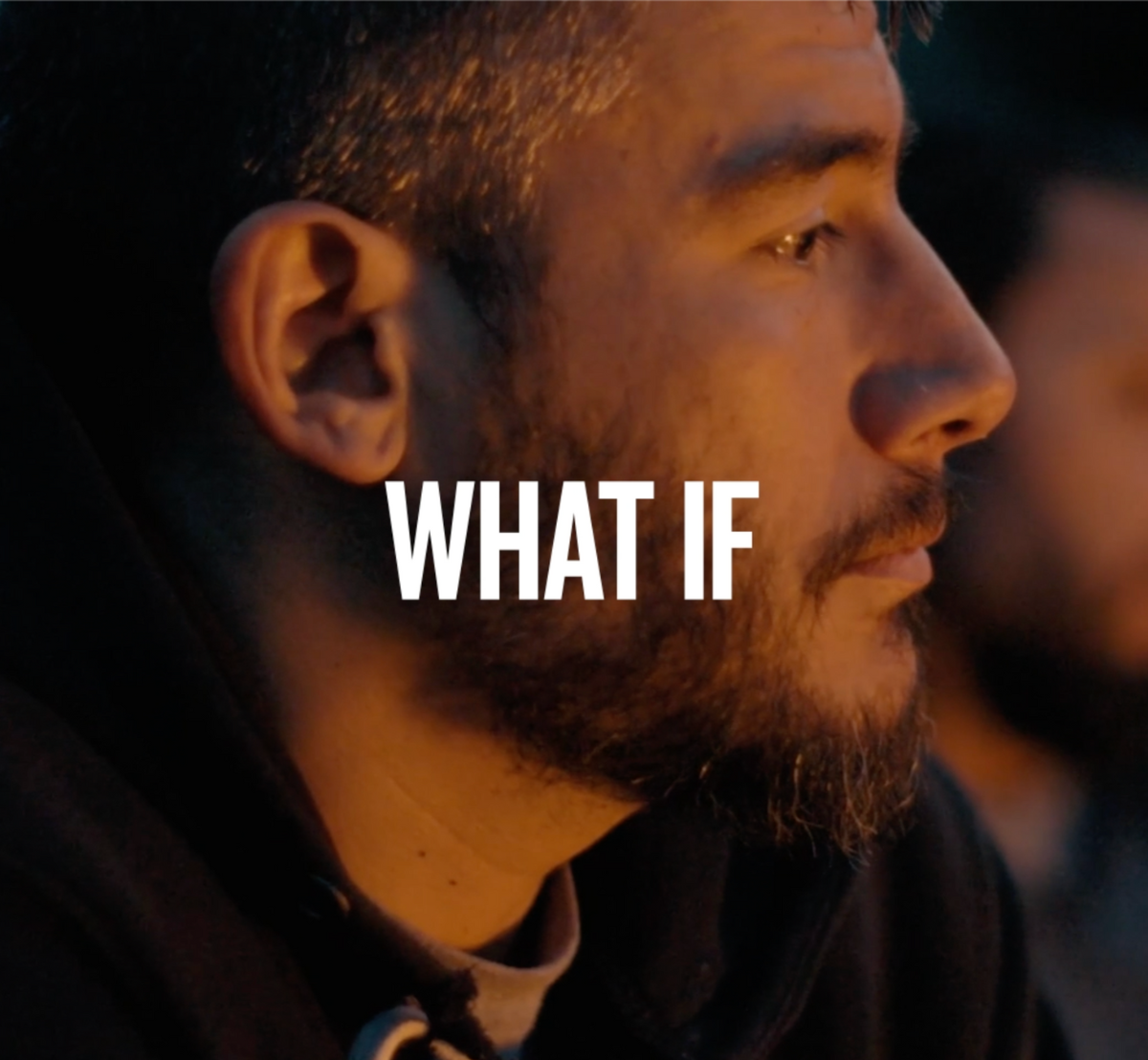In this article, Dr. Calhoun and Dr. Tedeschi examine issues related to the validity of the experience of posttraumatic growth (PTG), discuss ways psychological adjustment and PTG may be related, examine concerns about PTG in clinical work, and discuss the role of cultural factors in the understanding of PTG.
We are gratified that this area of inquiry now exists, so that we can gather together a substantial group of researchers and have a firm basis for exchanging ideas.
In response to comments on our model of posttraumatic growth, we consider the validity of reports of posttraumatic growth, appropriate methodology to use to assess posttraumatic growth, and its relation with other variables that appear to bear a resemblance to posttraumatic growth (e.g., well-being and psychological adjustment). The potentially important role of proximate and distal cultural factors is also addressed.
Clinicians are encouraged to use interventions that facilitate posttraumatic growth with care, so as not to create expectations for posttraumatic growth in all trauma survivors, and to instead promote a respect for the difficulty of trauma recovery while allowing for the exploration of possibilities for various kinds of growth even in those who have suffered greatly.
Read the Article “The Foundations of Posttraumatic Growth: New Considerations” https://psycnet.apa.org/record/2004-11807-002
Give strength & hope to those who serve
Your support powers life-changing programs offered at no charge to veterans, military, first responders, and their families. With your help, our Warriors won't just survive — they'll thrive.

